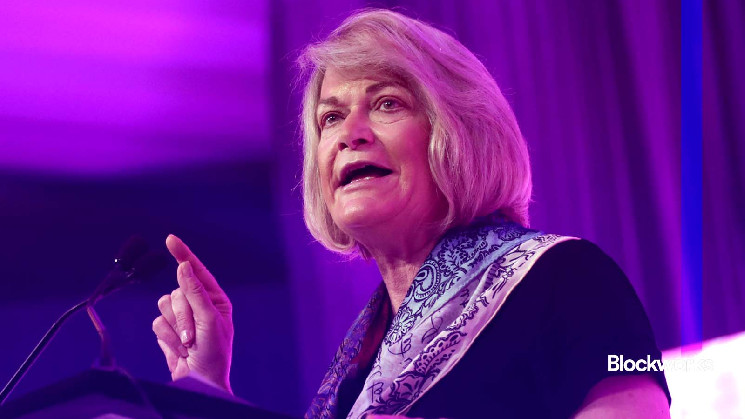It’s been two weeks since the US presidential election outcome that sent BTC to new highs and spurred some of the latest bullish happenings.
Let’s review what’s occurred in crypto land since Donald Trump’s political victory.
Starting with the crypto price rally, BTC rose 8.8% on Election Day (Nov. 5), Coinglass data shows. There were modest gains the next few days before BTC saw notable daily price increases of 4.8% and 10.2% on Nov. 9 and Nov. 10, respectively. Then a 4.2% rise on Nov. 14.
By Bitfinex analysts’ count, BTC rose roughly 40% (from the pre-election selloff point of about $66,880 to a then-peak $93,300) — marking the largest nine-day price increase for BTC since January 2021.
Bitcoin surged to a new high over $94,900 early Wednesday. It was hovering around $93,800 at 2 pm ET — up 1.5% from 24 hours prior.
Outside of price, everyone was reminded of some of Trump’s crypto-related pledges. Given the Republicans’ majority in the House and Senate too, hope around the US creating a strategic bitcoin reserve (via a bill proposed by Sen. Cynthia Lummis) is aplenty.
In an X space yesterday, Lummis said she hopes “we can tee this up for adoption in 2025.” She noted that after Trump is sworn in, the US could get a headstart by converting gold certificates to bitcoin (even before the bill’s potential passage).
“The advantage of having legislation is it sets up the functional basis for the government holding bitcoin in a variety of locations, and then helping states hold their bitcoin as well,” she said.
On the latter point, a notable post-election crypto headline was Pennsylvania lawmakers introducing a bill that would allow the state’s treasury to keep BTC on its balance sheet.
Then there are the companies following MicroStrategy’s lead in buying bitcoin for their treasuries (or planning to). MicroStrategy founder Michael Saylor said on the same X space with Lummis that if the US creates a strategic bitcoin reserve, others will “stampede to keep up” — namely the EU, Asia and Brazil.
“This is all about laying in place a power infrastructure to build the 21st century economy that’s so incredibly compelling that it attracts the capital from the rest of the world into the United States and into US values and US politics,” Saylor added.
As for US spot bitcoin ETF demand during the trading days after the election (from Nov. 6 to Nov. 19), those products have seen net inflows of about $5 billion.
Bitwise CIO Matt Hougan told me the election outcome “removes the last vestige of reputational risk from crypto” — noting he expects institutional ownership to follow “an exponential curve from Q1 onwards.”
And Jersey City’s mayor and business administrator told me last week the city’s pension fund was just about ready to allocate to bitcoin ETFs — undeterred even given the latest price increase.
Ether products saw an uptick in demand as well, reeling in $796 million in the six trading days after the election. Despite net outflows over the past four trading days, the category’s flows remain slightly positive since those launched in July.
Positive sentiment around the space has shown up in more ways than buying-fueled price increases and fund flows.
Robinhood appeared to ride the wave of regulatory optimism by adding solana, cardano, XRP and pepe to its platform. ETF issuers are also perhaps betting on a more lenient SEC, with Bitwise, for example, proposing after the election to convert its crypto index fund into an ETF.
A more recent amended ETF filing for a Grayscale Bitcoin Covered Call ETF came as options on the US spot bitcoin ETFs got the final regulatory OK.
What am I forgetting?
Well, Trump’s nomination of Cantor Fitzgerald CEO Howard Lutnick to lead the Department of Commerce sets the stage for another crypto-friendly person in a powerful position (if confirmed).
And then there’s the conversation between Trump and Coinbase CEO Brian Armstrong — reportedly in part about personnel appointments.
The biggest thing to watch for now? Blockchain Association CEO Kristin Smith has a thought on that:
Industry watchers have labeled SEC Commissioner Mark Uyeda and former Coinbase chief legal officer Brian Brooks as potential candidates to replace Gary Gensler as SEC chair, but we don’t yet know Trump’s thoughts on the matter.
So we’ve been busy writing. And it doesn’t appear there will be a shortage of things to report on going forward. Galaxy CEO Mike Novogratz’s prediction was perhaps an understatement.

